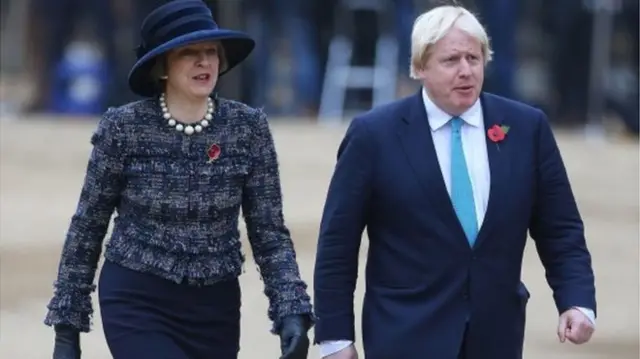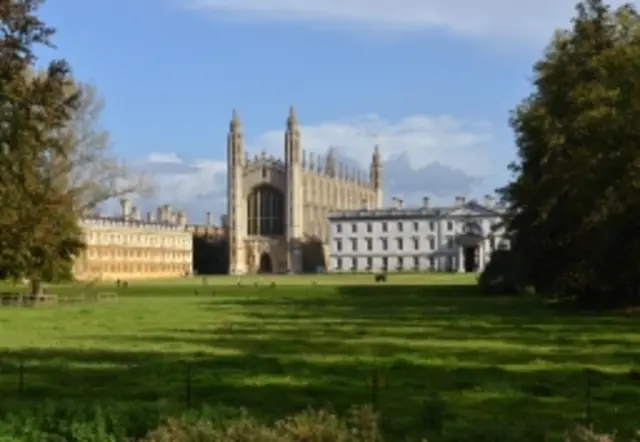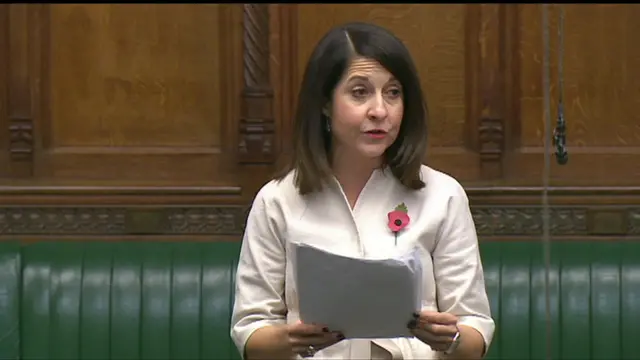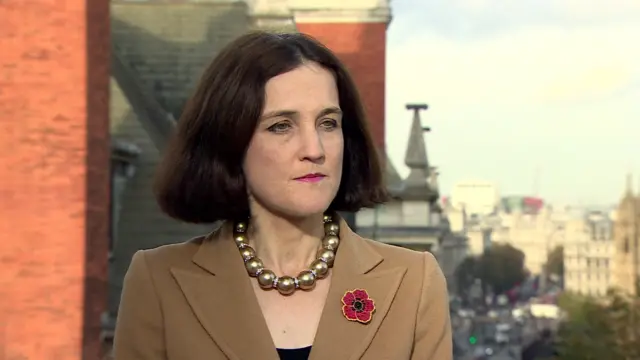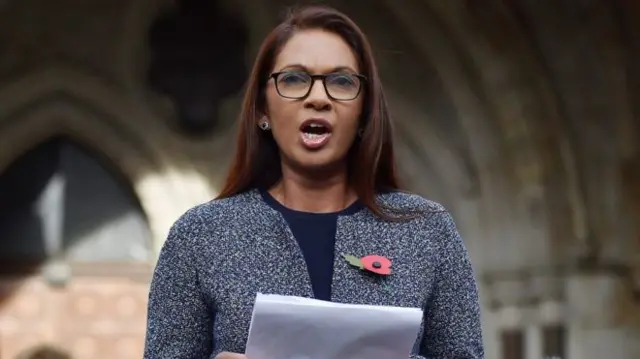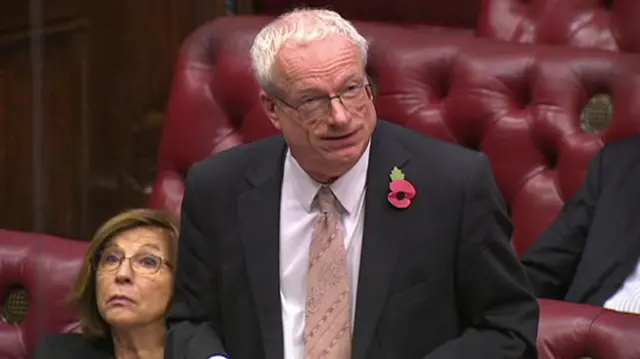Listen: Cruddas on how Brexit 'insurrection' challenges Labourpublished at 14:48 GMT 3 November 2016
 The World at One
The World at One
BBC Radio 4
Ex-Labour policy co-ordinator Jon Cruddas says the party is on "a journey of self discovery" after the Brexit result.
The MP told the World at One the Brexit result had been "an insurrection about people who have usually found safety with Labour".

